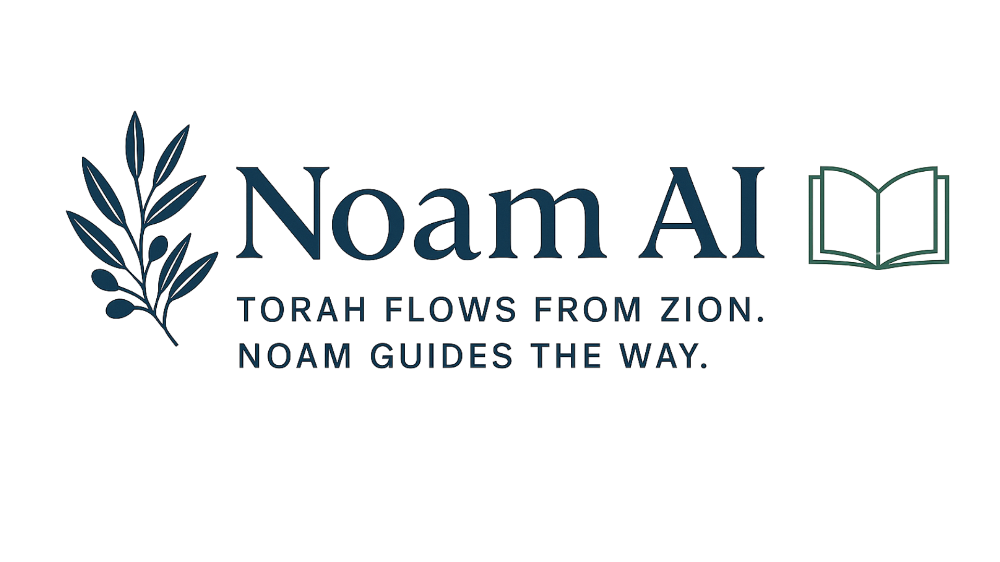Robust Theme
Dec 09, 2019 2020-04-08 7:40Robust Theme
The Art of the Question

Let me ask you, did you grow up in a home where your parents fostered the art of asking the question or did you grow up in a home where the question was the not, never or rarely welcomed?
On a personal note, do you struggle with formulating questions when involved in Biblical or academic studies? What about conversations or discussions? Do they evolve into deep meaningful exchanges or far flung superficiality? And lastly, if you do have a question or questions, how comfortable are you in asking? Are you the type that waits for an opportunity (that may never come), doubts the validity of your question, or believes your question must be asked at all costs?
How you were raised to ask or answer questions, plays a very important role in how you learn. In this blog post, we are going to look at the importance of the question in the understanding the Torah and engaging with the Jewish community.
Did you know that one of the greatest Greek philosophers SOCRATES (469-399 B.C.E.) was put on trial by the Athenians for "asking questions?" Apparently, his questions challenged the status quo and ultimately he was sentenced to death after being accused of "corrupting the young"? Of course, there were other factors involved, but at the heart was his persistent questioning. Hence, today, the art of persistent questioning in the discovery of clarity is known as the Socratic method.
Judaism, on the other hand, embraces the question.
In fact, the Torah encourages us to ask questions and a lot of them. Not only does it encourage us to ask questions, but G-D Himself is habitually asking us questions, starting with his first written question to Adam, "where are you?" At first glance, G-D's question causes the reader to ask a question, "if G-D knows everything how can He not know where Adam is?" Now, one can walk away shaking his or her head thinking, "what a stupid question," or that same individual can probe by asking, "why is G-D asking Adam this question if He knows where Adam is?" "What is G-D really trying to ascertain from Adam?" Is G-D trying to awaken Adam to his own reality? The text says that, Adam was hiding from G-D. Was G-D's question a way to bring Adam out from behind the fig leaf, and let him know that G-D still wants to hear his voice and have a relationship with him?
In Judaism, to be without a question is not a sign of faith, but of lack of depth.
If there is one thing you learn growing up in a Jewish home, attending a Jewish day school, and furthering your academic studies in Jewish learning is the "art of the question." For the most part, no question is off limits. You are allowed, with respect, to question everything!
In fact, if I was to sum up the whole of Jewish studies in one sentence, it would be, "learning to think critically through the ask of question!"
How did Judaism cultivate this art? From its connection to the Torah, starting with G-D's Passover instructions which begin with, "when your children ask . . "
The asking about the Passover story by the children is an ancient tradition in Judaism. In the Haggadah (the book that is used to walk us through the Passover seder every year), the story opens up with the four questions that are asked by the youngest child or children at the seder (or the youngest adult if there are no children!).
Ready to learn more about the Question? See you in the next blog post!


